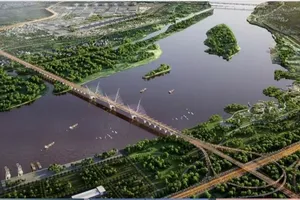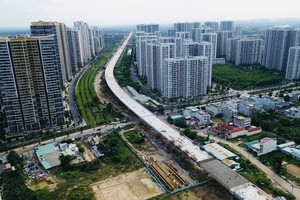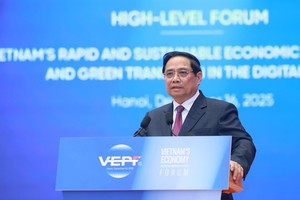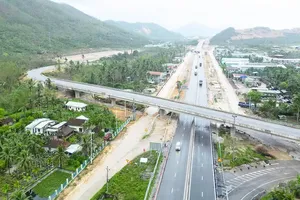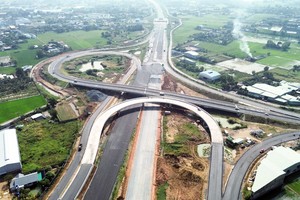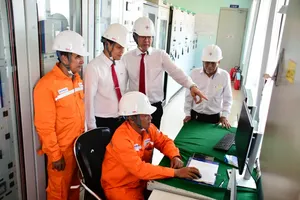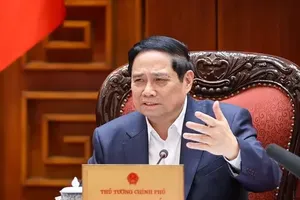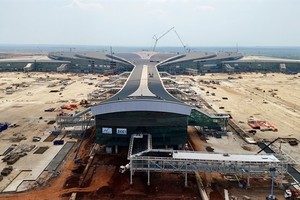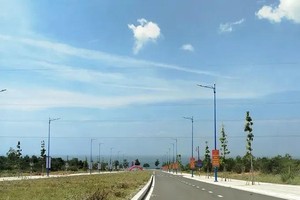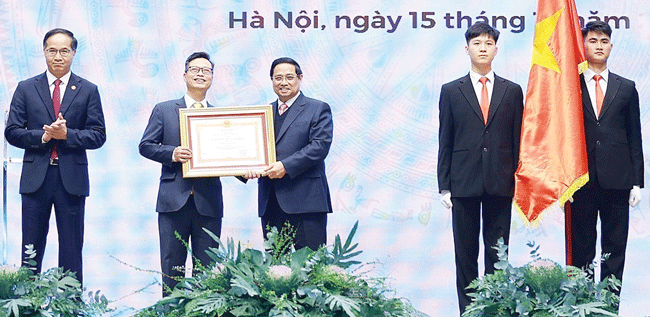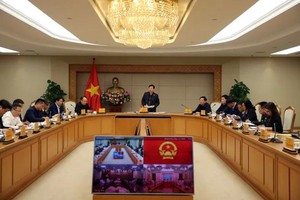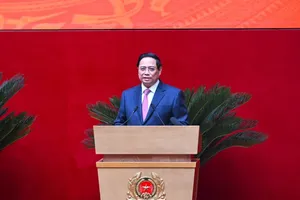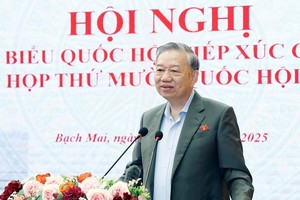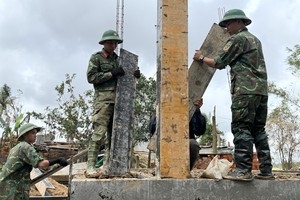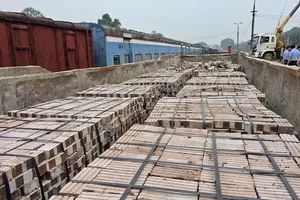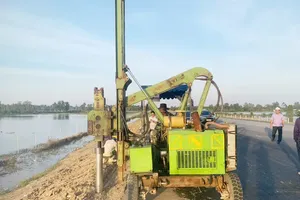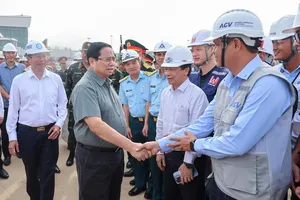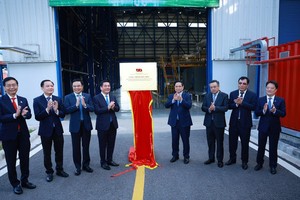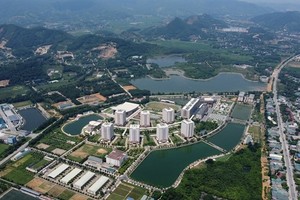The Government has issued eight sets of objectives to boost economic growth, stabilize the macro-economy, curb inflation, maintain political stability and social security, sustain national defense, and expand international economic cooperation this year.
In Resolution 03 issued January 15, Prime Minister Nguyen Tan Dung called on all ministries and relevant agencies to do their best to fulfill the social and economic development plan and the budget estimate set for 2010, with a view to achieving higher economic growth than in 2009 and to make the 2006-2010 five-year development plan a success.
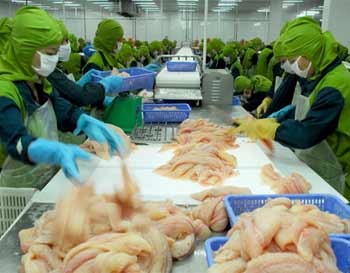
To this end, the Government outlined eight sets of objectives:
To rearrange the economy’s structure; boost productivity, quality, and efficiency of businesses; improve the quality of economic growth; give more support to small- and medium-sized enterprises and rural economies; and streamline the investment environment to enhance investment efficiency.
To apply flexible and prudent financial and monetary policies, control the trade deficit, prevent high inflation, and boost State budget revenue while practicing thrift to keep the budget deficit under 6.2 percent.
To improve education and training quality at all levels, especially higher education; boost human resource development, including vocational training to ensure skilled workers account for 40 percent of the total workforce; strengthen research and development activities; and enhance competitiveness of products, businesses and the economy.
To create positive changes in healthcare service quality; improve the spiritual life of people through cultural activities; invest in building and upgrading hospitals to expand capacity; connect cultural development with economic and tourism development; and launch movements to celebrate the nation’s major holidays, including the 1,000th anniversary of Thang Long-Hanoi.
To continue implementing social security programs and adopt new regulations in this field; increase rice farmers’ profit rate to 30 percent; extend credit to agricultural and rural areas; and give more support to the country’s 62 poorest districts.
To reinforce environmental protection regulations; prevent the import of poor-quality technologies and equipment that may be harmful to the environment and human health; carry out steps to adapt to climate change and mitigate the impact of natural disasters, especially for coastal and other vulnerable areas.
To expand regional and international relations; strengthen security and defense and maintain social order and safety; step up settlement of border and territorial issues with relevant countries; carry out agreements with China, Laos and Cambodia regarding border demarcation; take action against any threats to the country’s sovereignty over its territorial waters in the East Sea.
And finally, to improve the quality of the State management apparatus, speed up administrative reforms, practice thrift and fight wastefulness, and boost measures to combat corruption and enhance transparency and publicity in economic operation and management.
